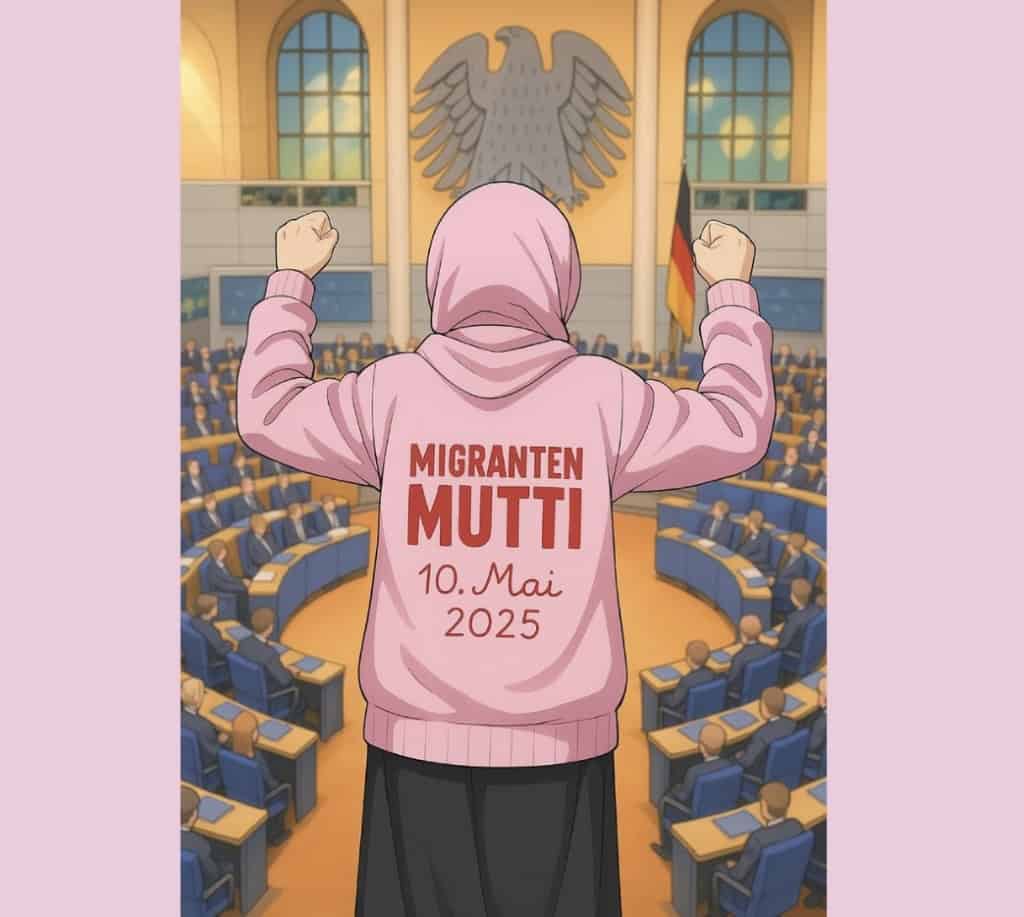And what does this mean for women, mothers and families?
We have learned in the last few days: At least five older women in the Salzgitter, Braunschweig and Wolfsburg area are at risk of deportation. These women came to Germany decades ago as part of the so-called guest worker influx. They raised children, raised families, did care work - and helped to build Germany.
Today they are single. They have freed themselves - from marriages that were not good for them, some of which were violent. Their children are grown up and live scattered around Germany. They have long since lost contact with their country of origin. And now their residence status is being questioned. After decades in this country. Without prospects. With the threat of losing everything.
And this is not an isolated case. It is part of a political calculation.
At a time when migration policy is becoming a highly emotionalized election campaign issue, the deportation policy is intended to demonstrate a visible "ability to act". Deportations as a political signal: politicians are "doing something". But in order to deliver quick figures, it often hits those who have no lobby: People who cannot defend themselves. Women. Mothers. Single people. People who have lived, worked, cared for and taken responsibility for society in this country for decades.
An abuse of lifetime achievement.
It's time to take a closer look.
- Who falls into the group of people at risk of deportation today?
- How many of them are women? How many are mothers? How many children are affected?
- How many have been living in Germany for years or decades - without security, without a passport, but with responsibility?
How is raising children seen as part of integration?
How is care work valued?
And what does all this mean for social cohesion?
We have prepared a minor interpellation to the Bundestag - because we want to know what is behind the figures. And because it is finally time to ask politicians these questions.
Do you know similar stories?
Then get in touch with us. Write to us.
Together, we are bringing these voices to the public. It's time to change the focus. It's time to ask the right questions.
